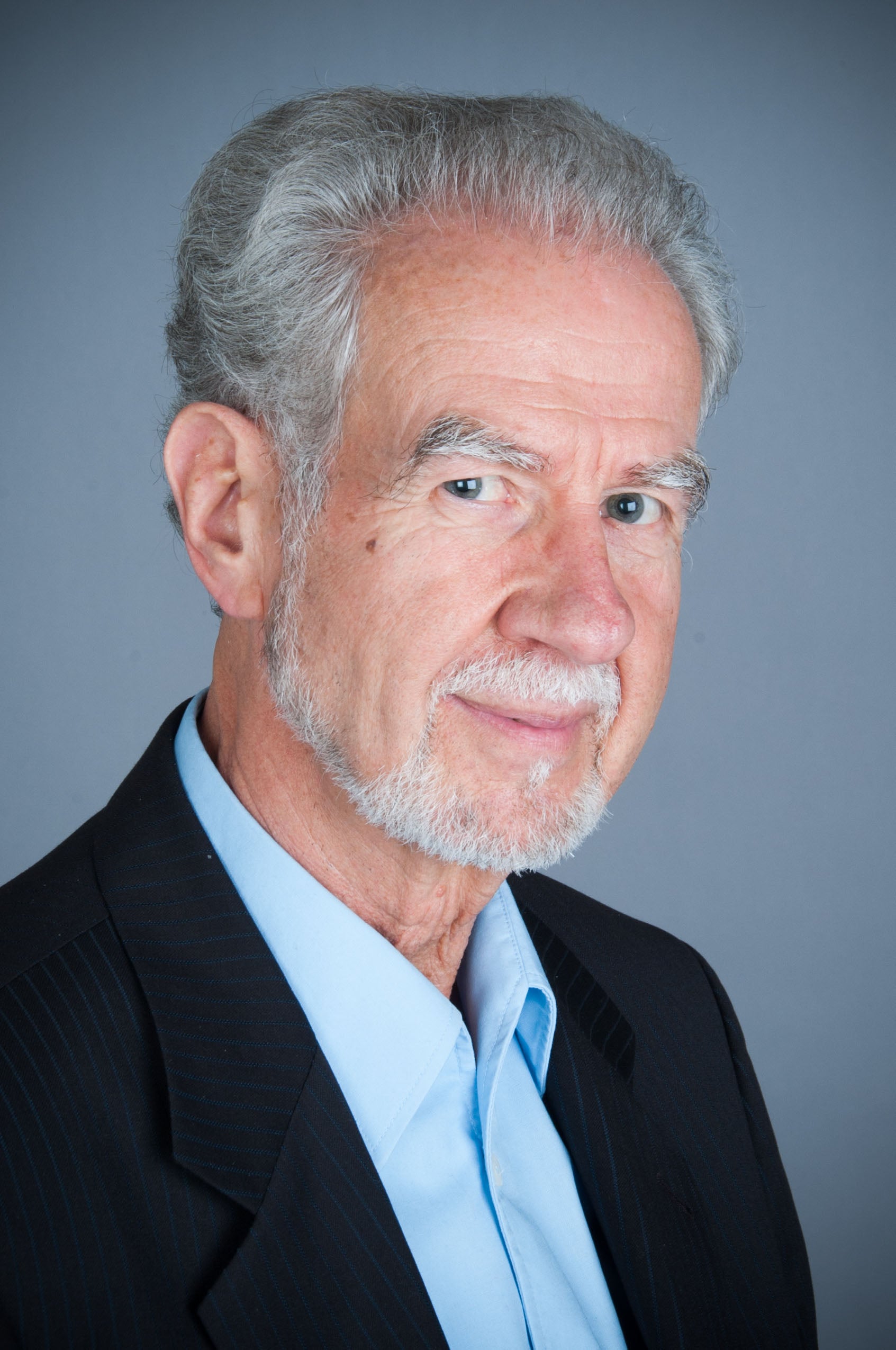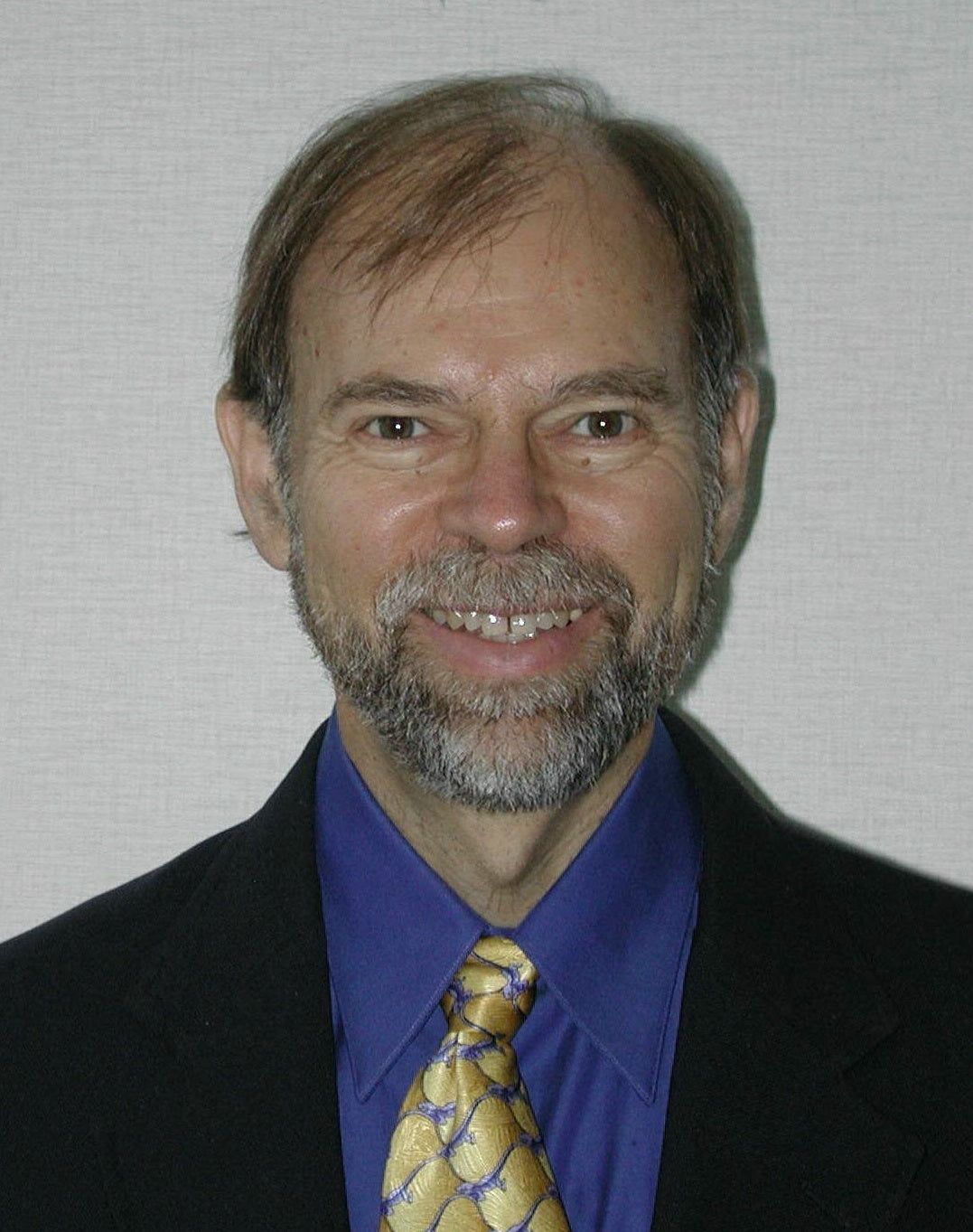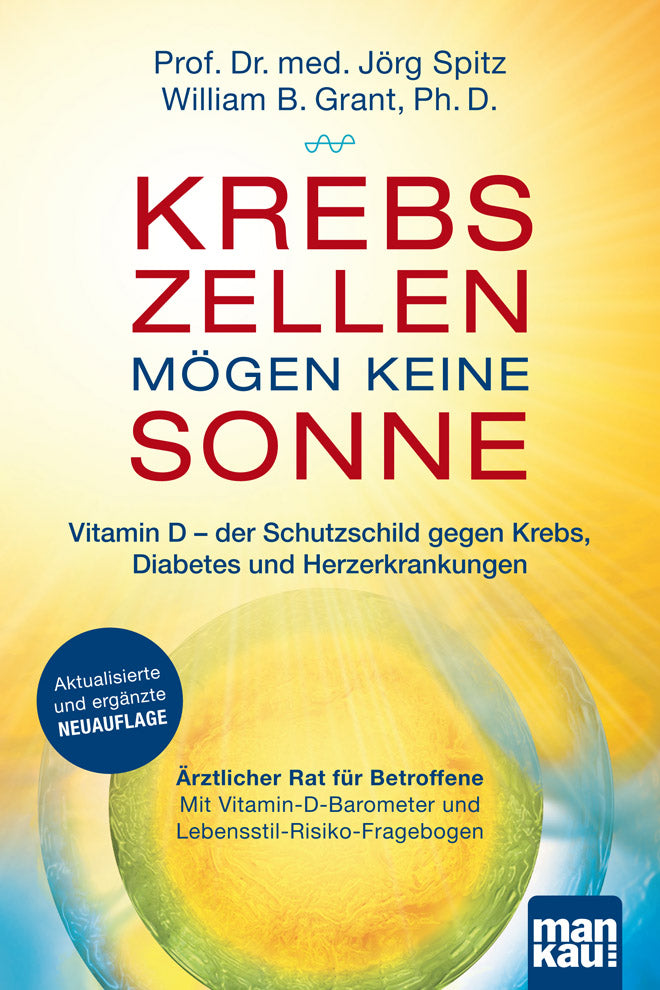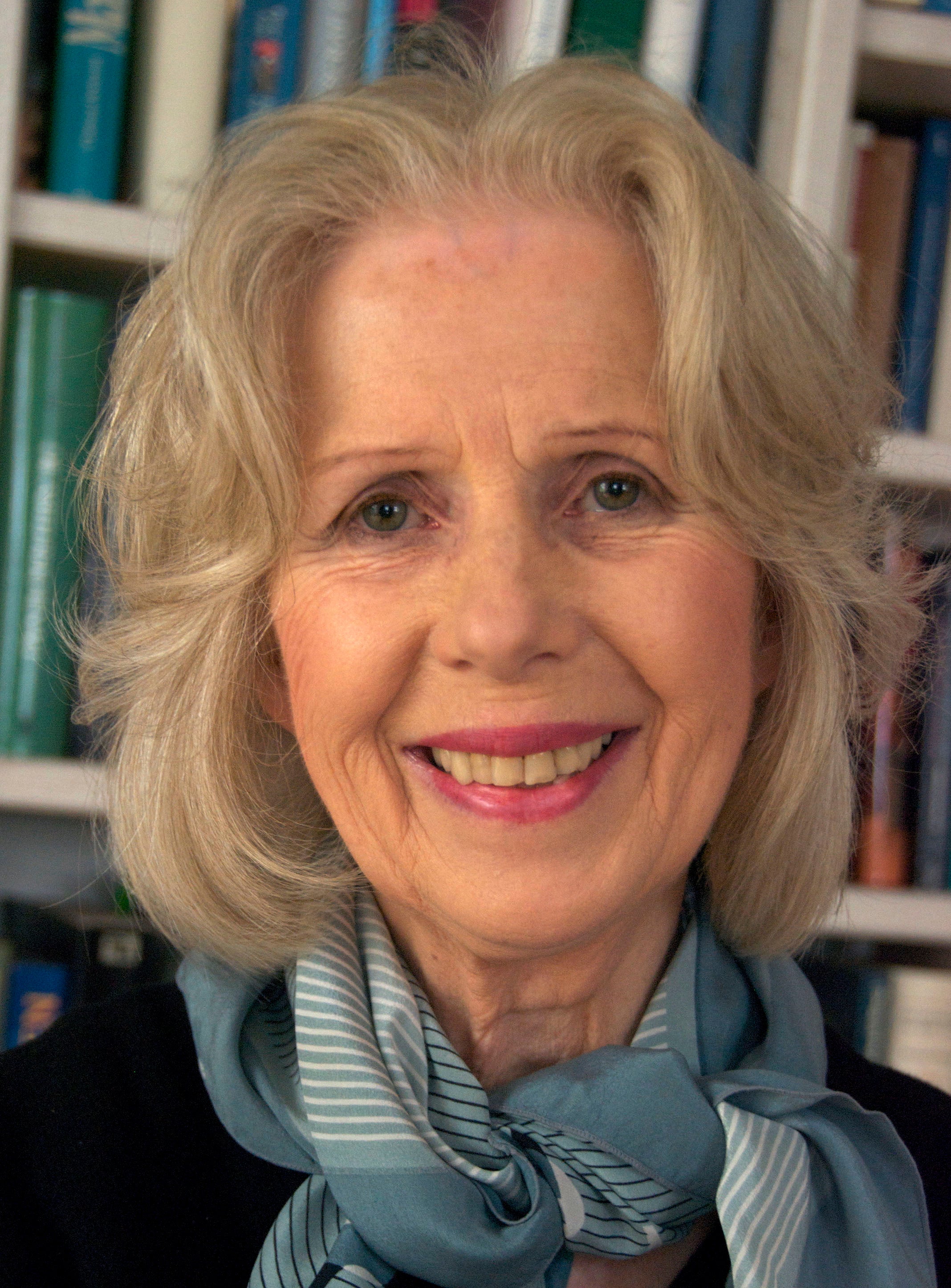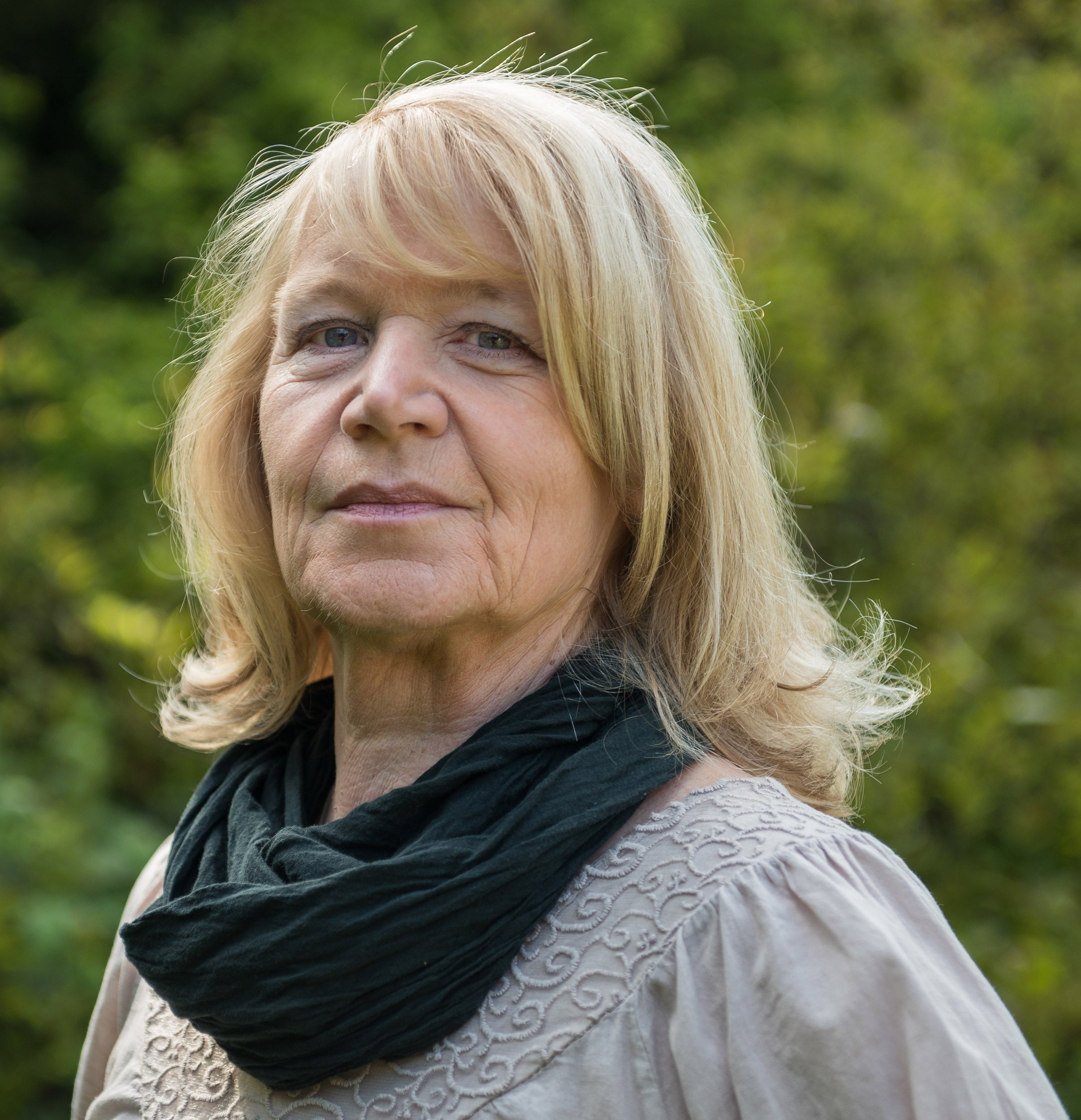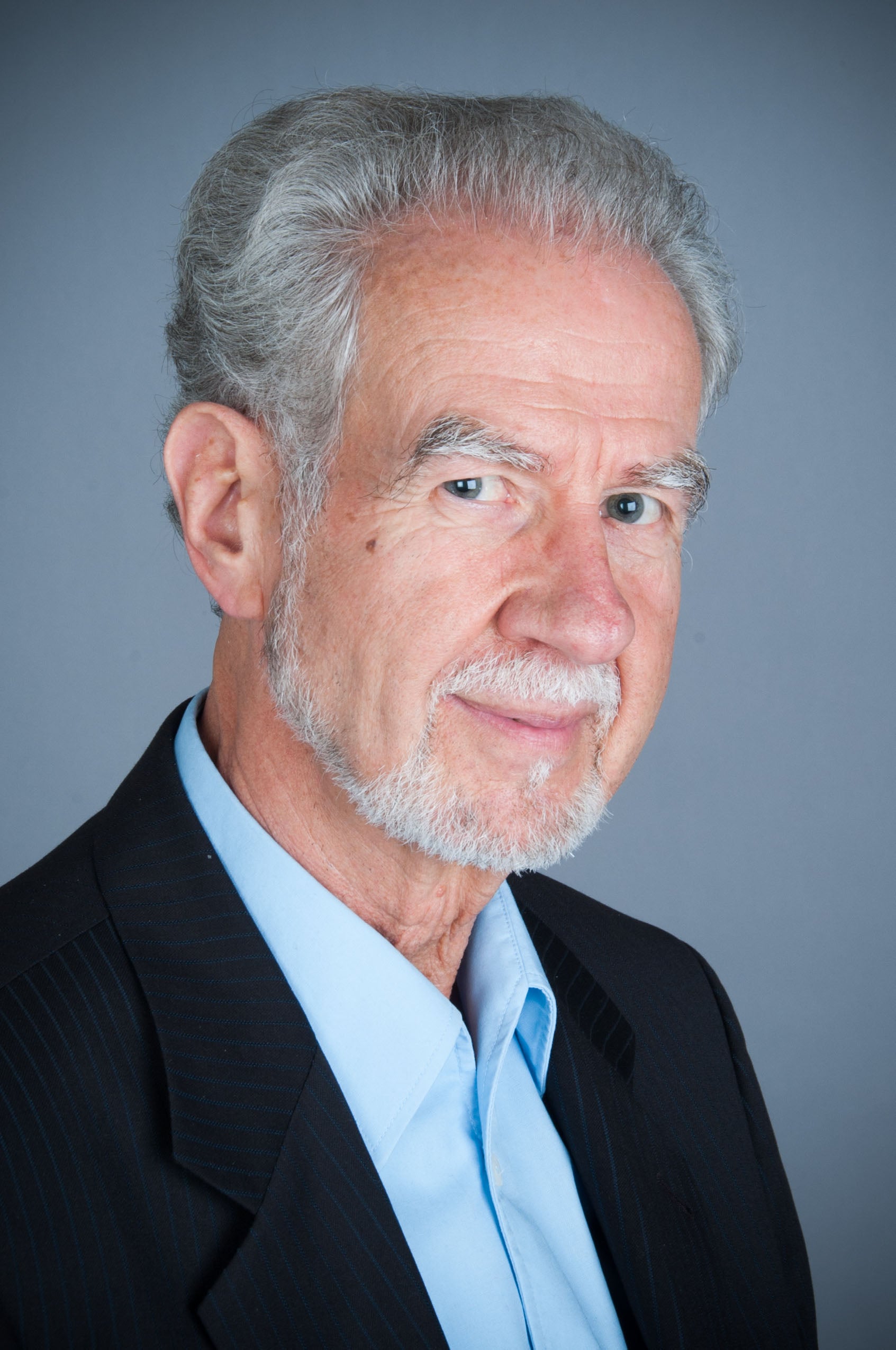
"Sunlight protects against cancer!"
"Sunlight protects against cancer!"
Interview with preventive medicine specialist Prof. Dr. med Jörg Spitz on " Cancer cells don't like sun "
"People are getting older, but they are also getting sicker. Very few people know that they have several deficiencies in their lifestyle. A vitamin D deficiency in particular is a serious problem here; our cells can only function optimally if the 'sun hormone' is present in sufficient quantities. Vitamin D can even protect against cancer or prevent the disease from progressing."
In his new book, nutritional and preventive medicine specialist Prof. Dr. med. Jörg Spitz, together with vitamin D expert William B. Grant, Ph. D., describes the importance of vitamin D as a protective shield against cancer, diabetes and other chronic diseases.
The sun has been worshipped since ancient times and was even the focus of so-called “heliotherapy” until the 20th century. When and why did this change?
Prof. Spitz: The awareness of the importance of nature as a fundamental element for human existence has been lost as technological advances have produced ever more impressive results. This also applies to the field of medicine - regardless of whether it is new surgical techniques or the invention of antibiotics. It seems that we no longer need nature!
Among other things, you blame the increase in chronic diseases on modern humans' "inappropriate lifestyles". How does this relate to the increase in life expectancy due to medical and technological advances?
Prof. Spitz: In recent years it has become increasingly clear that an increase in life expectancy does not automatically mean that these additional years are also experienced in good health. In fact, it is the other way around: Since medicine cannot cure chronic diseases, its symptomatic measures keep people alive, so that they do indeed live significantly longer. Unfortunately, however, they also become increasingly sick! Ten percent of the German population are already officially classified as disabled. And this is not as a result of accidents, but as a result of chronic diseases.
Until the 1970s, vitamin D was almost exclusively associated with bone metabolism. How did the extraordinary importance of the “sun hormone” come to be discovered?
Prof. Spitz: There are two important factors here: Firstly, scientists found so-called "vitamin D receptors" - these are binding sites for the sun hormone - not only in bone tissue, but in more and more cells in the body. Secondly, it was discovered that it is not genes that control our cells, but rather that cells can control their genes as required by the respective situation of cell metabolism. It is currently being discussed that up to a thousand genes are controlled with the help of vitamin D.
What effects does vitamin D have on malignant tumors and other chronic diseases?
Prof. Spitz: In general and simplified terms, you can say that vitamin D is a type of protective hormone. This follows from what was said previously, that vitamin D is needed for many cell functions. If it is present in sufficient quantities, the cells can function optimally and the associated organ remains healthy. Especially in the formation of malignant tumors, vitamin D ensures that tumor growth does not progress at many points in the tumor's development. This means that the sun hormone is not only very important in preventing malignant tumors, but also for the further prognosis of existing cancer.
A healthy diet alone cannot cover the necessary vitamin D requirement. How much vitamin D does a person need and what alternatives are there to increase the vitamin D level in the blood?
Prof. Spitz: This question has been controversial for several years. However, there is now widespread agreement that we should have a vitamin D level of at least 30 to 40 ng/ml in our blood and that a person of normal weight needs to receive around 4,000 IU daily. It makes no difference to the effect of vitamin D whether it was produced in the skin using natural or artificial UV radiation or whether it was manufactured as a pharmaceutical preparation.
One of the goals of your book is to help people help themselves in the fight against cancer and other diseases. How can this be achieved?
Prof. Spitz: There is an old saying: "A danger recognized is a danger averted!" This is especially true in the area of health. Most people do not know that they have not just one, but several deficits in their lifestyle. Only when they are aware of this can they bring about a change and do something for their health. The book helps in two ways: It improves the reader's health literacy and also gives concrete advice on how to deal with the problem identified.
What do you understand by the concept of “holistic health care” or “top-level prevention”?
Prof. Spitz: The change in our lifestyle that has occurred in recent decades is so pronounced that we have developed a whole series of deficiencies, of which vitamin D deficiency is just one and affects 70 to 90 percent of the population. The longest-known, but by no means eliminated, is lack of exercise. The consequences are increasingly seen as fat people walking down our streets! The consequences of lack of exercise are exacerbated by a lack of micronutrients in our food. The same applies to a lack of essential fatty acids, after fats - like the sun - have been portrayed for decades as villains, which they are not!
The list of deficiencies in our modern society goes on and on, with the loss of proper drinking water, the loss of clean air, the loss of undisturbed sleep at night, the loss of singing and making music, and ultimately the loss of social connections. All of these deficiencies mean that the human body can no longer function as it ideally could if it had these resources at its disposal. And this brings us back to the causes of our chronic diseases.
Top prevention means that we cannot be satisfied with finding a little vitamin D somewhere or eating an extra salad, but we must try to make as many of the resources listed available to the body on a regular basis over the long term. Then we have ideal health care that does not lead to an even higher life expectancy, but to a better quality of life!
Book tip:
Prof. Dr. med. Jörg Spitz / William B. Grant, Ph. D.: Cancer cells don’t like the sun.
Vitamin D – the protective shield against cancer, diabetes and heart disease
Medical advice for those affected. Mankau Verlag, 1st edition January 2017, full color, 14 x 21 cm, 158 pages, €12.95 (D) / €13.40 (A), ISBN 978-3-86374-394-9.
Link recommendations:
More information about the guide "Cancer cells don't like sun"
More about Prof. Dr. med. Jörg Spitz
More about William B. Grant, Ph. D
To the Internet forum with Prof. Dr. med. Jörg Spitz and William B. Grant, Ph. D
